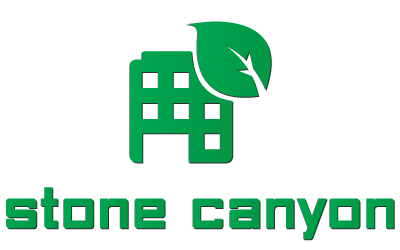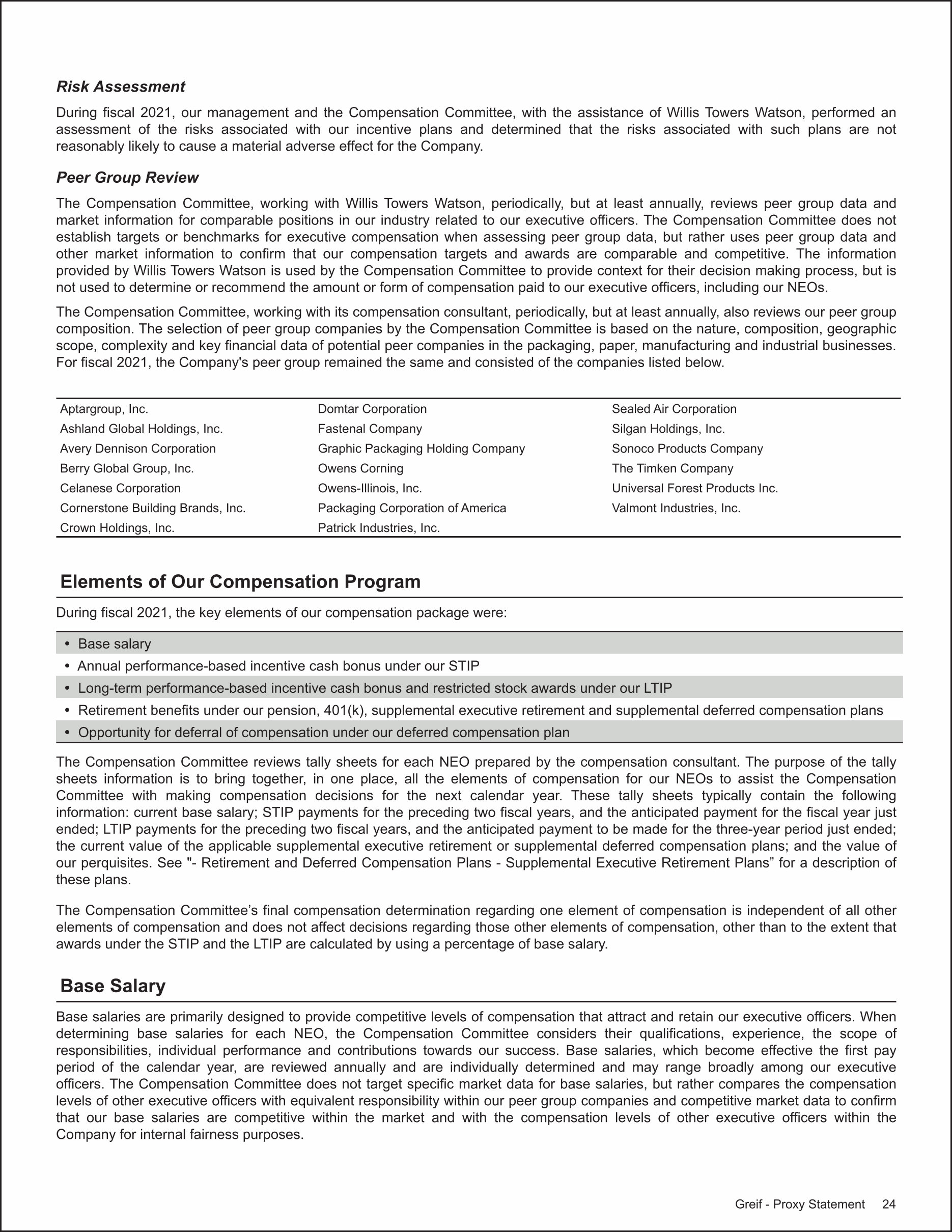
There are several important steps that must be followed when forming a company. These steps include overhead, tax reporting, profit margin, growth strategy, and profit margin. Once you have completed the above steps, you are ready for your business to begin. You'll need a business program to make sure your business is profitable.
Reporting on taxes
Business contractors must file many forms. Most of them have a different filing date. January 31 is the deadline for the Form 1006, which summarizes information from a 1099 NEC form, to be filed. Some forms have different due date, so be sure to review them carefully before creating your tax reporting system. For example, if your business is independent, you will need to file Form 1099NEC forms for each client.
Businesses must decide whether employees are contractors or independent contractors in order to avoid penalties if they fail to report the payments. In addition, the IRS does not have a formula that determines which workers are employees or contractors. Owners of small businesses must consider whether the work performed represents a core aspect of their business.
Overhead
It refers to business contractor overhead. It includes direct costs such as labor and machinery, as well as indirect costs. Indirect costs include general office expense, bookkeeping, and business insurance. In order to calculate the overhead total, they must all be taken into consideration.

After the list is compiled, it's now time to calculate overhead. It is best if you use a set period like a month. This will make calculations more consistent. It is also important to know when overhead costs are due.
Profit margin
CFI 2020 Contractor Survey had contractors answer questions about their profit margins from last year. While the survey revealed encouraging results, more contractors chose to keep their profit margins confidential or did not want to reveal them. However, the majority of contractors reported a profit margin between 6 percent and 11%. You can increase your profit margin in construction by focusing your efforts on adding value for your customers' projects.
Markup is another vital part of any business. It is essential for a contractor to know how much to markup for their services. Your overhead should be taken into consideration when setting your markup. A markup table can be a great tool to help you determine the markup that you should charge for your work.
Growth strategy
Your target market is an essential step in your journey to becoming a successful business contractor. As a general contractor, your target audience is the people who will make or break your business. To win their business, you must build relationships with them and gain repeat and referral business. It is also important to identify potential opportunities.
You might believe that expanding into new markets or adding more services will result in increased revenue and market share. This is a risky approach and should be avoided by large companies with established businesses. It can bring the business to its knees if it fails.

Unemployment insurance
In many states, business contractors can get unemployment insurance. As a service provider, you may be required to work on certain hours and locations and must follow certain guidelines. These guidelines may prevent you from being able to work, but you have the option to get unemployment insurance for business contractors.
Unemployment insurance is expensive. Employers should explore the Work Sharing program. This will allow them reduce the hours of their employees while still offering benefits. Employers who wish to avoid layoffs should consider Work Sharing.
FAQ
What are the benefits to being a consultant?
Consultants can often choose the hours and topics they work on.
This means that you are able to work from wherever you're at any time.
This allows you to easily change your mind and not worry about losing your money.
Finally, your income can be controlled and you can set your own hours.
How long does it usually take to become an expert consultant?
Your industry and background will determine the length of time it takes. Most people start out with a few months before they find work.
Some consultants, however, spend many years perfecting their skills before they find work.
How do you start an LLC consultancy company?
The first step is to decide what service provider you want to be. The next step is to ensure that you're qualified for the services you offer. It may also be beneficial to look for someone who is already qualified to do what you desire and to see how they work.
Once you've identified the product or service you wish to offer, it is time to determine your target market. If they don't exist, you might have to make them.
Next, you will need to decide if you want to start your own business or hire others.
The state may also permit you to open your own consulting company. However, it requires some paperwork and fees.
How much should a consultant charge?
It all depends upon what you offer. If you are offering services for free, it is not worth charging anything. But if your services or products are for sale, you will need to establish prices that reflect their value.
If you offer low-quality services then you don’t have anything for sale. You are not worth anything, so why should anyone pay you anything.
If you are providing high-quality services, then you could ask for a higher price because people recognize the value you provide. You may also want to offer discounts to clients who buy multiple packages from you.
How can I become a successful consultant
It is important to identify an area of passion. Then you have to build relationships. Knowing what your clients want and how they work is key. You must also deliver results.
While you don’t have to be the greatest at everything, you have to be better than everyone else. It is important to be passionate about what you do. It's not enough to just say "I want to be a consultant." You must believe in yourself.
What can I anticipate from my consultant
You should hear back from your chosen consultant within a few days. They will typically ask for information about the company, such as its mission, goals. products and services. budget. After receiving this information, they will prepare a proposal outlining their scope of work, estimated timeline, fees, deliverables and milestones.
If everything is in order, then the parties will enter into a written contract. The type of relationship between the parties (e.g., employee-employer, independent contractor-employer) will affect the terms of any contract.
If everything goes well, the consultant should start work immediately. The consultant will have access your internal documents and resources. Additionally, you'll have access their skills and knowledge.
However, don't assume that just because someone is a consultant that s/he knows everything. It takes effort and practice to become an expert in whatever field you consult. So, don't expect your consultant to know everything about your business.
Statistics
- "From there, I told them my rates were going up 25%, this is the new hourly rate, and every single one of them said 'done, fine.' (nerdwallet.com)
- Over 50% of consultants get their first consulting client through a referral from their network. (consultingsuccess.com)
- Over 62% of consultants were dissatisfied with their former jobs before starting their consulting business. (consultingsuccess.com)
- WHY choose me: Why your ideal client should choose you (ex: 10 years of experience and 6-week program has helped over 20 clients boost their sales by an average of 33% in 6 months). (consultingsuccess.com)
- My 10 years of experience and 6-step program have helped over 20 clients boost their sales by an average of 33% in 6 months. (consultingsuccess.com)
External Links
How To
How to find the best consultant
When searching for a consultant, the first thing you should do is ask yourself what your expectations are. Before you look for someone, you need to be clear about your expectations. Before you start looking for a consultant, make a list. These could include professional expertise, technical skills and project management abilities, communication skills, availability, and other things. After you have listed your requirements, it might be a good idea to ask colleagues and friends for their recommendations. Ask your friends and colleagues if they have had bad experiences with consultants in the past. Compare their recommendations with yours. Try searching online for recommendations if you don’t have any. Many websites allow people to post reviews about their work experience, including Angie's List and Indeed. Use the feedback and ratings of others as a starting point to search for potential candidates. Once you have a shortlist, be sure to contact potential candidates directly to schedule an interview. Talking through your requirements during the interview is a good idea. Ask them questions about how they can assist you in achieving those goals. It doesn't really matter if they were recommended; as long as they understand your business objectives, they will be able to show how they could help you achieve them.